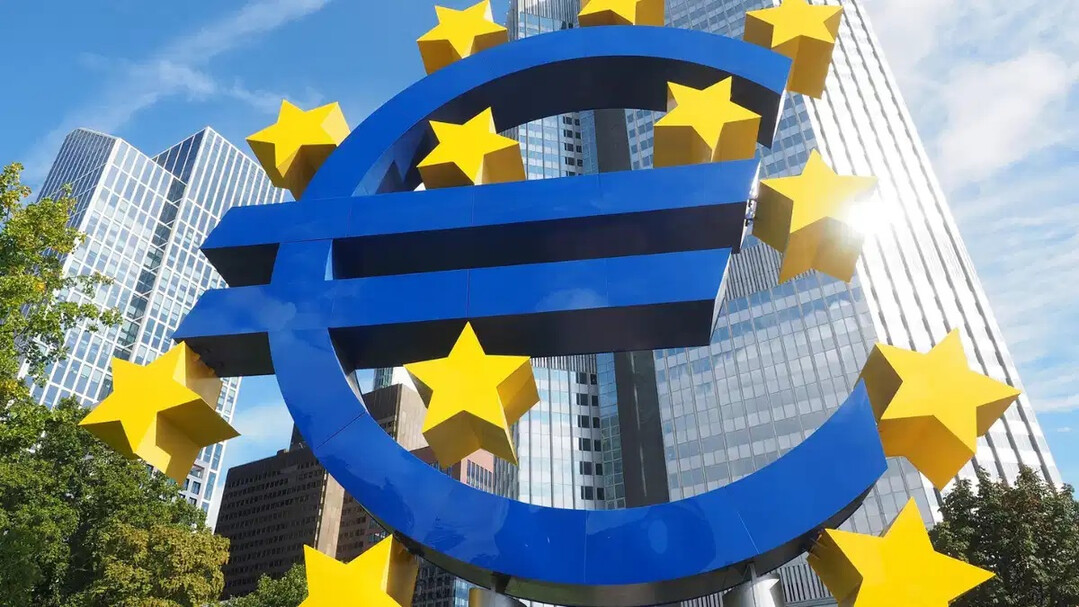
BRUSSELS – The eurozone economy ground to a halt in the final quarter of 2024, registering zero growth, according to Eurostat, the EU statistics agency. This stagnation follows a modest 0.4% expansion in the third quarter and underscores the challenges facing the 20-nation bloc.
The slowdown is attributed to a confluence of factors, including lingering inflation concerns, political uncertainty in major economies, and the potential for trade disruptions under the new US administration. Consumers, still wary after a period of high inflation, which peaked at 10.6% in October 2022, have remained cautious with their spending.
Germany, Europe's largest economy, is a significant drag on overall eurozone growth. It experienced a 0.2% contraction in the fourth quarter, marking its second consecutive year of declining output, also at -0.2% for 2024 as a whole. The economic powerhouse is grappling with numerous headwinds, including the loss of cheap Russian energy, bureaucratic hurdles, and political gridlock in Berlin. The German government has significantly lowered its 2025 growth forecast to a meager 0.3%, down from an initial 1.1%.
Political turmoil in both Germany and France is adding to the economic unease. Businesses and consumers are uncertain about the future direction of government spending, regulation, and taxation. Germany's political landscape may see some resolution after the upcoming national election on February 23rd, following the collapse of Chancellor Olaf Scholz's governing coalition. However, France faces potentially longer-lasting uncertainty due to a deeply divided parliament and the inability to hold new elections until July at the earliest. Disagreements over how to address the country's substantial budget deficit further complicate the situation.
The recent US presidential election has also cast a shadow over the European economy. The new administration's advocacy for new and potentially higher import tariffs has raised concerns about disruptions to Europe's export-oriented economies. Furthermore, a slowdown in electric vehicle uptake, coupled with Germany's cancellation of EV purchase subsidies, has negatively impacted parts suppliers.
The European Central Bank (ECB) is widely expected to cut its key interest rate later this week, a move aimed at stimulating growth. However, the ECB faces a delicate balancing act, as lower rates, while beneficial for growth, could also fuel inflation. Inflation has recently ticked upwards, reaching 2.4% in December due to rising energy prices.
Consumer sentiment indicators, such as the economic sentiment index, reflect growing concerns about rising prices. Whether these concerns stem from anticipated future tariffs or recent price increases remains to be seen. “Regardless of the reason, households expecting inflation to rise will add an additional headwind to the outlook for private consumption at a time when European households are already acting quite cautiously over their spending decisions,” economists at Oxford Economics noted in a recent report. The combination of domestic political uncertainties and potential trade tensions with the US creates a challenging environment for the eurozone economy, and the near-term outlook remains subdued.
[Copyright (c) Global Economic Times. All Rights Reserved.]




























